Life
Sign up for our newsletter
We summarize the week's scientific breakthroughs every Thursday.
-
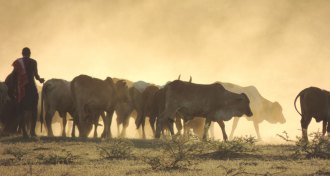 Ecosystems
Ecosystems‘Earth: A New Wild’ puts people in the picture
PBS nature series ‘Earth: A New Wild’ shows humans living with, and not off, their environments
-
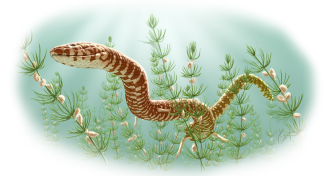 Paleontology
PaleontologySnakes crawled among Jurassic dinosaurs, new timeline says
Earliest snake fossils provide evidence snakes evolved their flexible skulls before their long, limbless bodies.
-
 Neuroscience
NeuroscienceTwo sets of neurons turn thirst on and off
A study in mice reveals that two neural groups in the hypothalamus drive the body’s need to quench or not to quench.
-
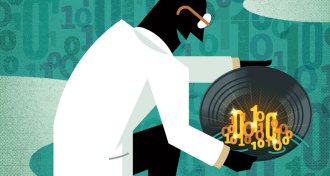 Science & Society
Science & SocietyBig data studies come with replication challenges
As science moves into big data research — analyzing billions of bits of DNA or other data from thousands of research subjects — concern grows that much of what is discovered is fool’s gold.
-
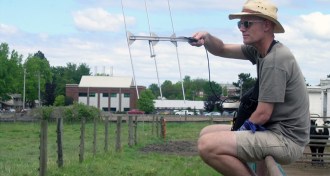 Life
LifeFast and furious: The real lives of swallows
In the fields of Oregon, scientists learn flight tricks from swallows.
By Nsikan Akpan -
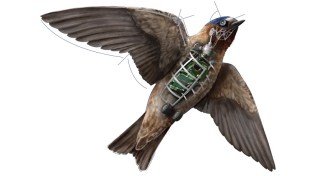 Life
LifeFlying animals can teach drones a thing or two
Scientists have turned to Mother Nature’s most adept aerial acrobats — birds, bees, bats and other animals — to inspire their designs for self-directed drones.
By Nsikan Akpan -
 Neuroscience
NeuroscienceDecoding sommeliers’ brains, one squirt of wine at a time
Researchers use a ‘gustometer’ to control wine portions in experiments comparing the brains of sommeliers and novices.
-
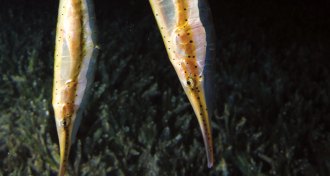
-
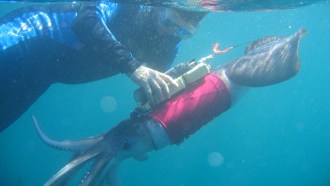 Animals
AnimalsHumboldt squid flash and flicker
Scientists capture the color-changing behavior of Humboldt squid in the wild.
-
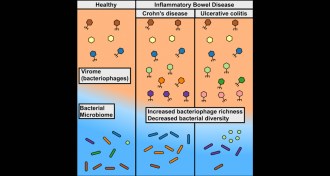 Life
LifeWhen bacteria-killing viruses take over, it’s bad news for the gut
A rise in some bacteria-killing viruses in the intestines may deplete good bacteria and trigger inflammatory bowel diseases.
-
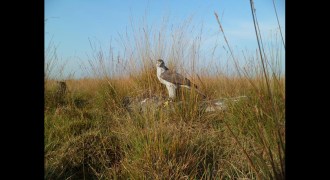 Animals
AnimalsIf pursued by a goshawk, make a sharp turn
Scientists put a tiny camera on a northern goshawk and watched it hunt. The bird used several strategies to catch prey, failing only when its targets made a sharp turn.
-
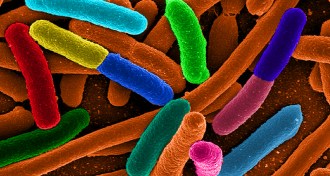 Genetics
GeneticsScientists find new way to corral genetically engineered bacteria
Engineering E. coli to depend on human-made molecules may keep genetically modified bacteria from escaping into nature.